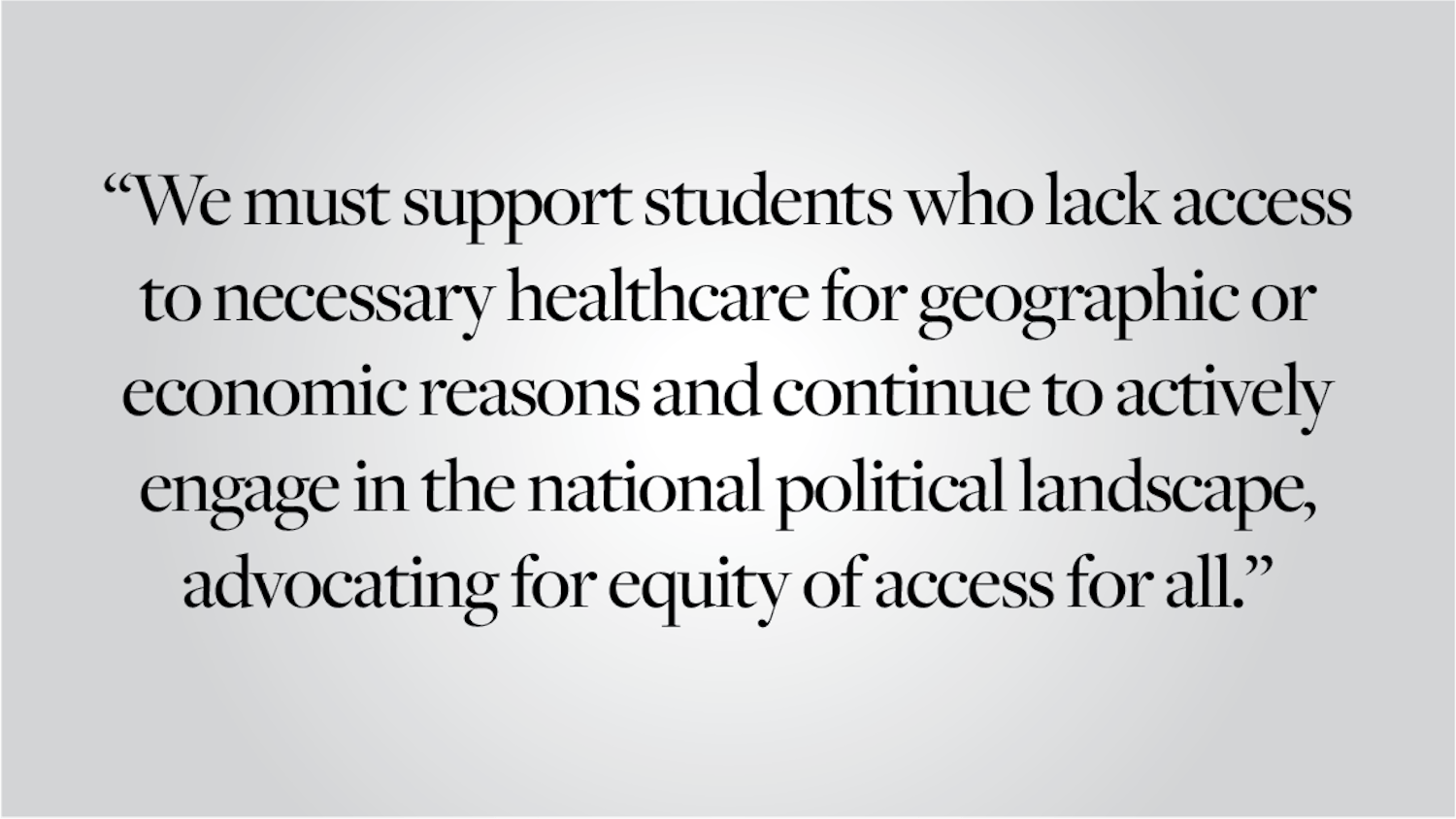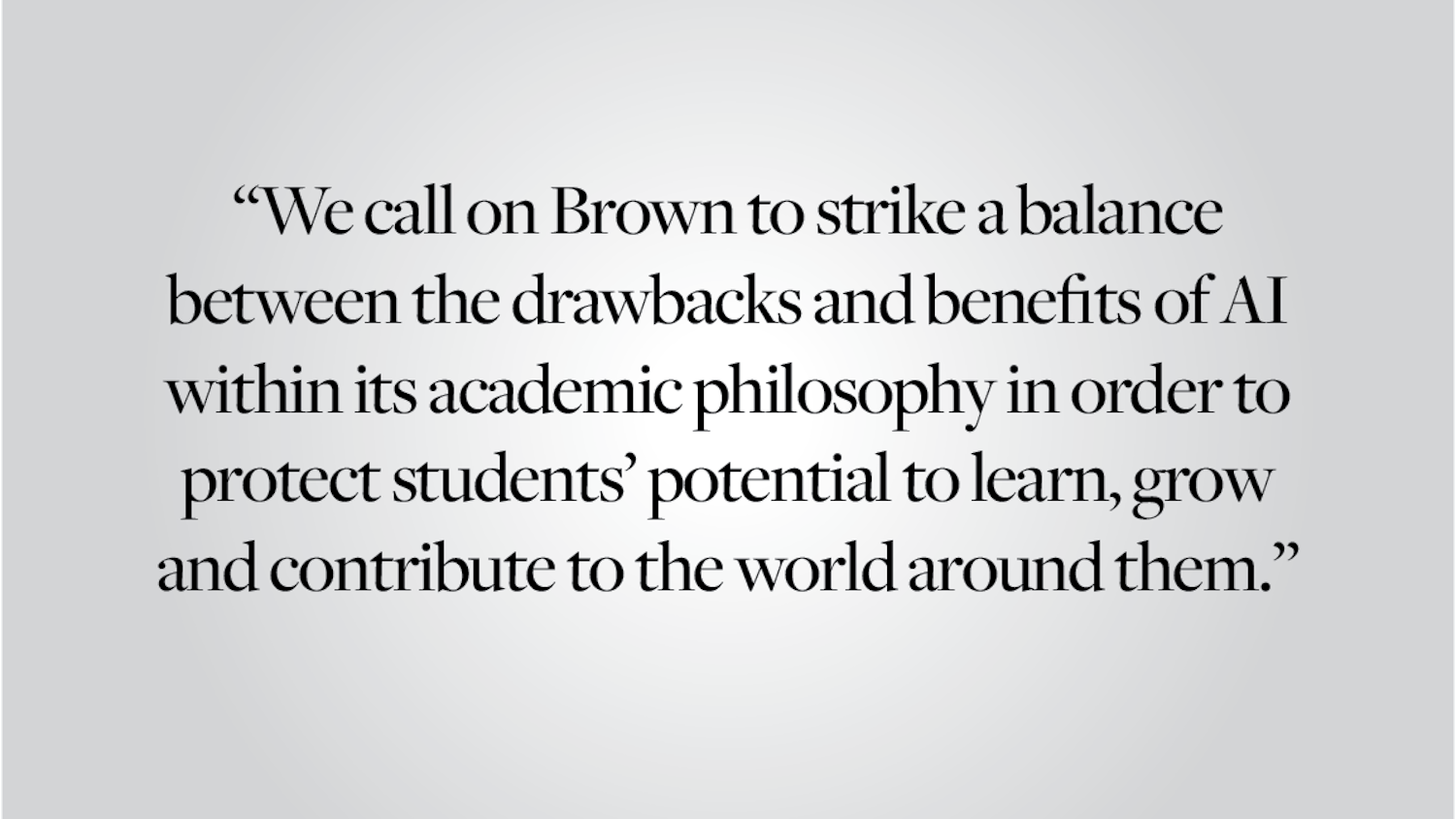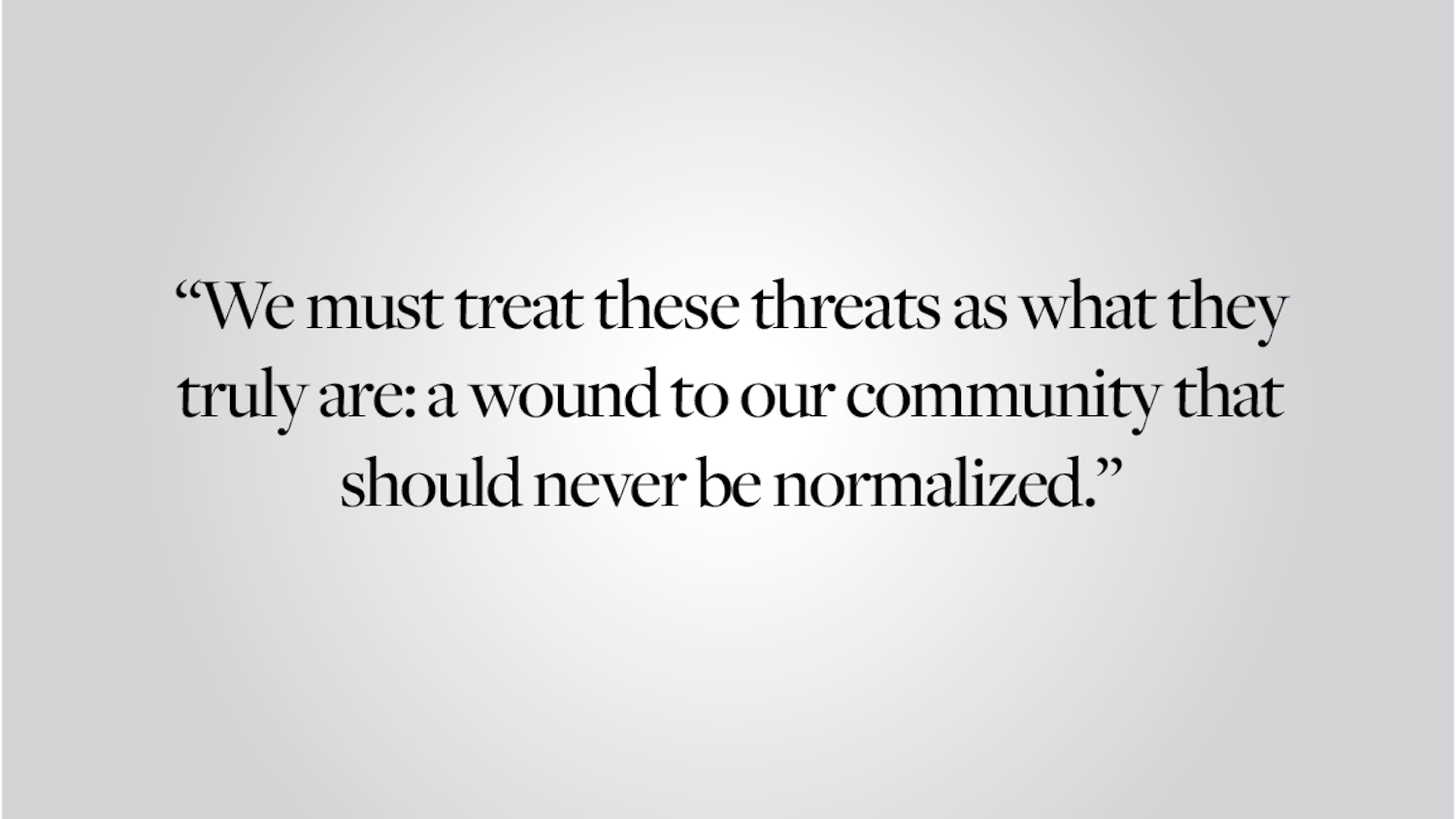With spring break coming up, students should exercise judgment when posting incriminating pictures, statuses and videos on social media. When students post pictures of themselves participating in illegal or questionable activities, their online presentation could reflect poorly on Brown’s image. With that in mind, students should delete or refrain from posting potentially inappropriate material on social media.
As college students, we have the right to make our own decisions when it comes to drinking, smoking or other activities. But we have to be wary of making these decisions public because social media is increasingly how the world interacts with the Brown community — it is far more common than brochures or that John Krasinski ’01 video, unfortunately.
Many of our Facebook, Instagram and Twitter accounts can be linked to Brown, and how we portray ourselves online could jeopardize the way outsiders feel about the institution we represent. In particular, we are all connected to high school friends on our social media pages, and we must keep in mind that our online behavior affects their perception of our university.
Perhaps that Facebook friend chooses another university over Brown because he is intimidated by the pictures of parties that far outnumber the pictures of classrooms. Perhaps your friend’s parents see some unsavory images online and encourage their son or daughter to consider another school.
Take the case of Patrick Schwarzenegger, a student at the University of Southern California. He was recently pictured taking body shots off a classmate in Cabo. His activity, while common for college students over spring break, is now public and directly affects people’s impressions of his university. But as these images circulate online, people form their own opinions. Some students might be clamoring for the opportunity to go to USC. More commonly, however, parents are probably terrified at the thought of sending their children to the school. Its academic reputation is immediately eclipsed by one photo.
We are not celebrities, but these images are important reminders that our online presence is an important factor in public perception. Following simple procedures and rules would prevent inappropriate social media posts. Maybe underage students could avoid pictures with red solo cups — an indication to parents and high school students that there was probably alcohol at that event. Additionally, students could avoid posting pictures of themselves clearly intoxicated; these portrayals potentially allow social media users to make their own negative inferences. Finally, Brown students should never post offensive, harmful material. It is not that the world does not know these things go on in college, but social media presents a lopsided view of our community.
Hopefully, these cautionary measures we have laid out are not seen as a limitation to our personal freedom. Rather, they reflect a sense of satisfaction in properly representing our university. Students should simply be aware of their online presences in order to be more careful in the future.
Editorials are written by The Herald’s editorial page board: its editors, Alexander Kaplan ’15 and James Rattner ’15, and its members, Natasha Bluth ’15, Manuel Contreras ’16, Baxter DiFabrizio ’15, Mathias Heller ’15 and Aranshi Kumar ’17. Send comments to editorials@browndailyherald.com.




